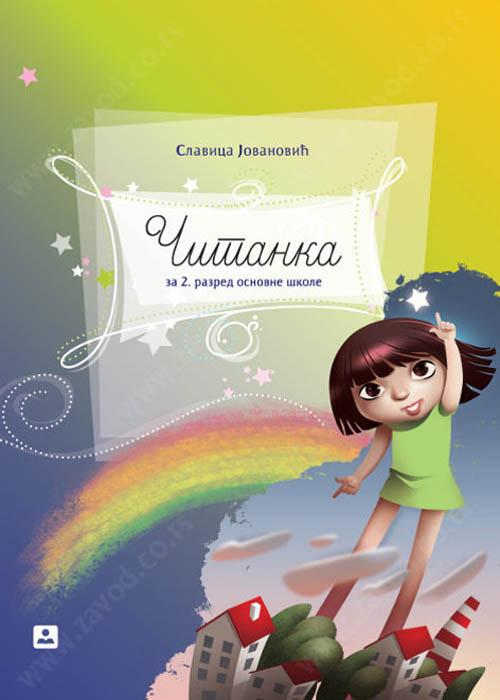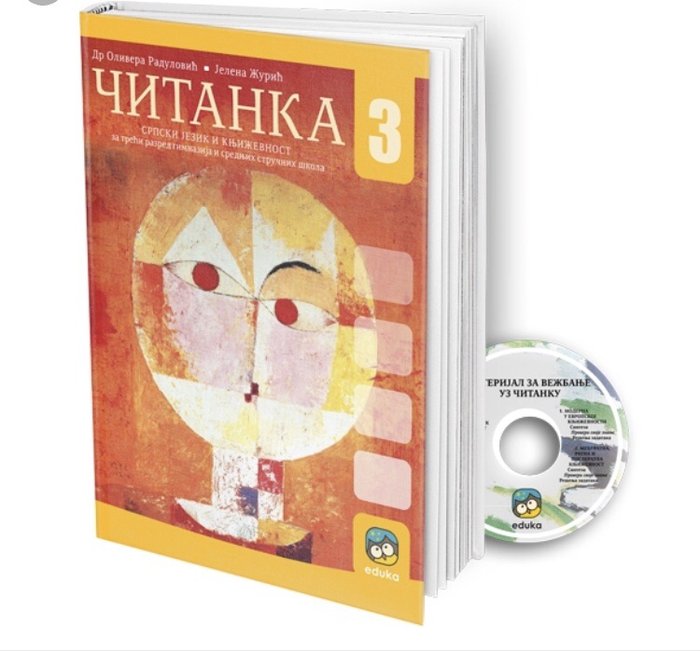

While the process of WWII manipulation occurred through many channels and involved many other contentious events and narratives, my project focuses specifically on this manipulation in history education as the state-endorsed “official” narrative of these events, and particularly regarding two war crimes heavily utilized by nationalists in the 1990s and with great political importance through contemporary times. I examine history textbooks in Bosnia, Croatia, and Serbia from the Communist era until today, surveying the changes in the ways in which two particularly contentious events – Bleiburg and Jasenovac – were represented over time and space. His project examines the instrumentalization of World War Two in schoolbooks across three of the former Yugoslav states.

ON THE OTHER HAND, A POLITICAL SOLUTION WITH AN AGREED INTERNATIONAL NAME FOR THE COUNTRY “REPUBLIC OF MAKEDONIJA” IS LIKELY TO SOLVE THE DISPUTE, PRESERVE THE LEGITIMACY OF EU PRINCIPLES IN THE REGION AND IMPROVE THE RELATIONS BETWEEN THE TWO COUNTRIES. THE RULING OF THE INTERNATIONAL COURT OF JUSTICE ON THE GREEK BREACH OF THE 1995 INTERIM ACCORD BETWEEN THESE TWO STATES IS ONE POSSIBILITY FOR THE INTERNATIONAL COMMUNITY TO OVERPASS THE NAMING DISPUTE AND VALIDATE THE POLITICAL CONDITIONALITY PRINCIPLE. SUCH APPLICATION TO THE PRINCIPLE OF POLITICAL CONDITIONALITY IS UNJUST AND ILLEGITIMATE AND NEGATIVELY AFFECTS THE LEGITIMACY OF AND THE PROCESS OF ENLARGEMENT OF BOTH ORGANIZATIONS.

NATO APPEARS TO USE CONDITIONALITY IN A SIMILAR MANNER. UNDER GREEK INFLUENCE EU HAS EXTENDED THE PRINCIPLE TO ESSENTIALLY CONDITION MACEDONIA TO ACCEPT A NAME FOR ITSELF THAT GREECE WOULD APPROVE OF IN EXCHANGE FOR OPENING OF NEGOTIATIONS FOR EU MEMBERSHIP. IN THE LATEST STAGE OF THE MACEDONIA NAMING DISPUTE THE LEGITIMACY OF THE PRINCIPLE OF CONDITIONALITY HAS BEEN UNDER THREAT.
#DOWNLOAD CITANKA ZA 2 RAZRED OSNOVNE SKOLE PDF FULL#
USING WHAT HAS BEEN LABELED AS ‘CONDITIONALITY’ EU HAS, MODIFIED POLITICAL INSTITUTIONS AND BEHAVIOR IN THE NEIGHBORING COUNTRIES MANY OF WHICH HAVE JOINED AS FULL MEMBERS. THE BEST FOREIGN POLICY TOOL OF EU SINCE THE FALL OF THE BERLIN WALL HAS BEEN ITS ENLARGEMENT POLICY. Thus, contrary to its programmatic insistence on the homogeneity of Yugoslav identity, the dictatorship’s educational policy created opportunities for multiple sub-national interpretations of Yugoslav unity. After the establishment of the Royal Dictatorship in 1929 textbooks reshaped Serbian collective identity by embedding it in a more openly defined Yugoslav whole to which different sub-national traditions could contribute. In textbooks of the 1920s the imagination of Yugoslav unity reflected the structure of Serbian national identity as it had been defined in pre-First World War Serbian textbooks, providing few possibilities for other viable sub-national definitions of Yugoslav identity. Inspired by scholarly studies which have pointed at the compatibility of national and sub-national identities, this article examines interaction between definitions of Yugoslav national ideology and Serbian collective identity in textbooks published in Belgrade. Studies of nationhood in interwar Yugoslavia generally refrain from considering dynamic relations between different levels of collective identity available in the state.


 0 kommentar(er)
0 kommentar(er)
